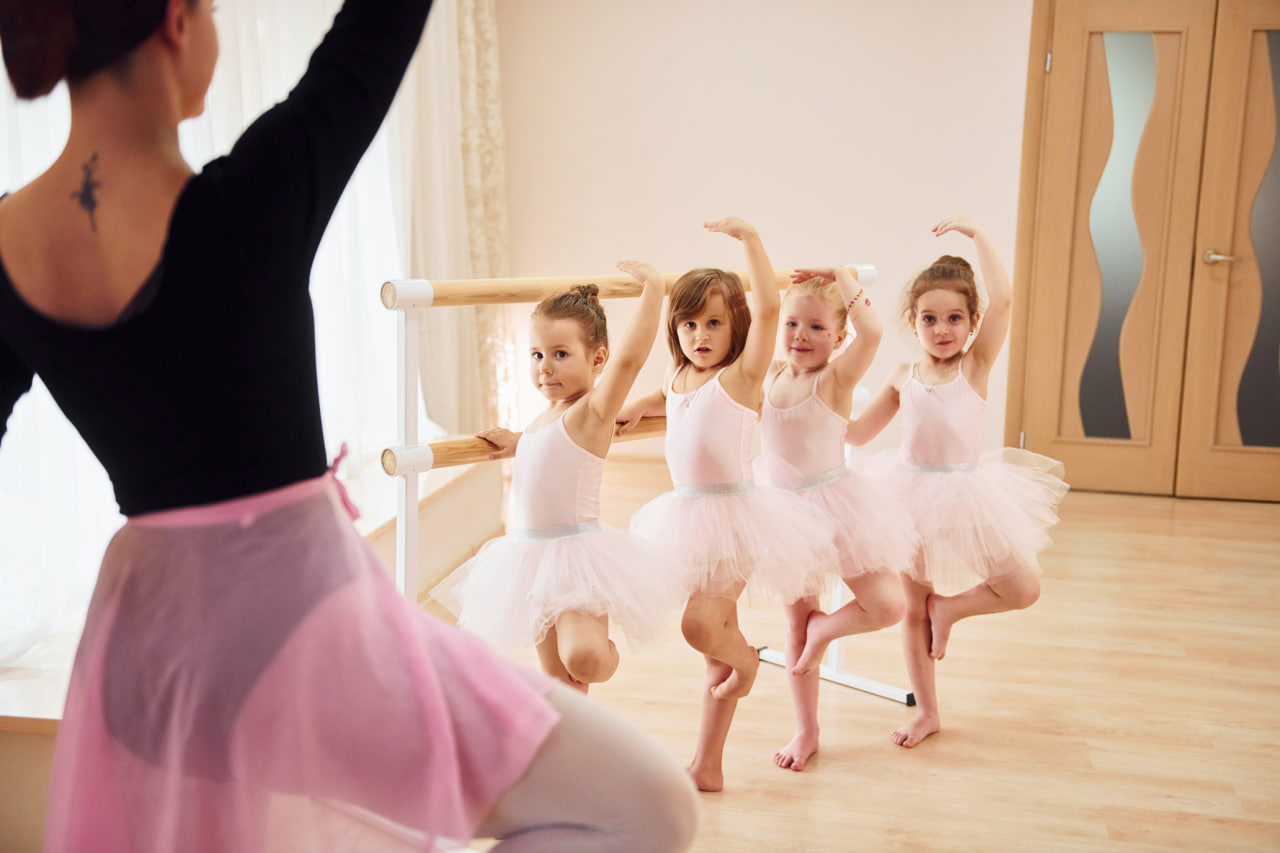How Dance Boosts Children’s Confidence and Social Skills
Dance is more than a form of artistic expression for children—it plays a critical role in building confidence, fostering social skills, and supporting personal growth. Participating in dance classes helps children develop self-esteem, teamwork abilities, and communication skills while having fun. This guide explores the ways dance positively impacts children’s confidence and social development.
Building Confidence Through Dance
One of the most significant benefits of dance is the boost it provides to self-confidence. Learning new moves and mastering routines gives children a sense of accomplishment. Regular practice and successful performances reinforce their belief in their abilities. Confidence gained in dance often translates to other areas of life, including school, social interactions, and extracurricular activities.
Encouraging Self-Expression
Dance offers children a creative outlet to express emotions, ideas, and stories through movement. By exploring different styles and techniques, children learn to communicate nonverbally and develop their unique artistic voice. This freedom of expression fosters self-awareness and emotional intelligence, helping children feel more comfortable sharing their thoughts and feelings in social settings.
Developing Teamwork and Cooperation
Many dance classes involve group routines, partner work, or ensemble performances. Working closely with peers teaches children the importance of collaboration, listening, and mutual support. They learn to adapt to others’ movements, coordinate timing, and share responsibility for the overall performance. These experiences build essential teamwork skills and encourage positive social interactions.
Improving Communication Skills
Dance requires clear communication, both verbal and nonverbal. Children learn to follow instructions, respond to cues, and convey meaning through gestures and expressions. Performing with others also encourages eye contact, body language awareness, and cooperative problem-solving. These skills enhance their ability to communicate effectively in group settings and everyday life.
Overcoming Stage Fright and Anxiety
Performing in front of peers, instructors, or an audience can initially be intimidating. However, repeated exposure to performance situations helps children develop resilience and composure. Learning to manage nerves, focus on their routine, and embrace mistakes builds courage and reduces anxiety over time. This experience strengthens self-assurance and prepares children for public speaking, presentations, and other performance-based activities.
Encouraging Positive Peer Relationships
Dance classes provide a structured environment where children meet peers with similar interests. Shared activities and collaborative routines foster friendships, empathy, and mutual respect. Children learn to celebrate each other’s achievements and provide encouragement, creating a supportive community that enhances social development and belonging.
Boosting Motivation and Goal-Setting
Dance encourages children to set personal goals, such as mastering a new step, learning choreography, or performing confidently in a recital. Achieving these milestones reinforces motivation and determination, while positive feedback from instructors and peers strengthens self-esteem. Goal-setting in dance also teaches patience, perseverance, and the value of consistent effort.

